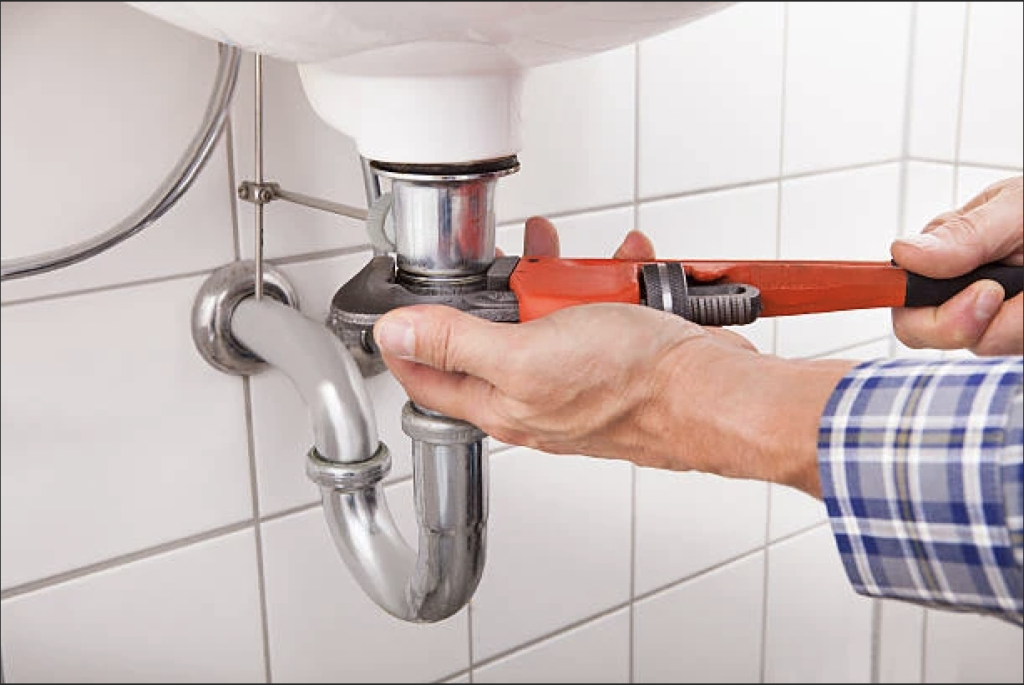How to Choose a Plumber for Your Home Plumbing Needs

Plumbing issues can be quite troublesome and, if left unattended, can lead to costly damages to your home. Hiring a reliable and skilled plumber is crucial to maintaining a fully functional and safe plumbing system. But with so many options out there, how do you choose the right one? In this article, a professional plumber from The Cajun Plumber will guide you through the process of selecting a plumber for your home plumbing needs.
- Gather Recommendations and Research Online
Start by asking friends, family, and neighbors for recommendations. Personal referrals can be a reliable source of information, as people usually share their experiences, both positive and negative, with particular plumbers or companies. Online reviews on platforms such as Google, Yelp, and Angie’s List can provide valuable insights into the quality of work and customer service provided by local plumbers. Keep in mind that while one or two negative reviews should not deter you, a pattern of negative feedback is a red flag.
- Check for Proper Licensing and Insurance
In most regions, plumbers are required to hold a valid license to practice their trade. Before hiring a plumber, verify that they have the necessary licensing, which indicates that they have met the required education and training standards. Additionally, a licensed plumber is more likely to be familiar with local building codes and regulations.
Insurance is another essential factor to consider. A reputable plumber should have both liability and workers’ compensation insurance to protect both you and their workers in case of accidents or damages during the project. Ask for proof of insurance before signing any contracts.
- Look for Experience and Specializations
Experience is crucial when it comes to plumbing work. A plumber with several years of experience is likely to have encountered a wide range of plumbing issues and will be better equipped to handle any unexpected complications that may arise during the project. Make sure to ask how long they have been in business and about their experience with projects similar to yours.
Some plumbers may also have specializations in specific areas, such as repairing water heaters, installing gas lines, or handling complex sewer problems. If your project requires a particular expertise, it’s essential to choose a plumber with the relevant experience and training in that area.
- Request Multiple Quotes
Obtaining multiple quotes from different plumbers allows you to compare prices, services, and timelines to make an informed decision. While the cost should not be the sole determining factor, a reasonable and transparent quote can help you avoid potential hidden fees or unexpected charges. Be cautious of any quotes that are significantly lower than others, as this may indicate a lack of experience or poor-quality workmanship.
- Assess Communication and Professionalism
Good communication and professionalism are vital aspects of a successful plumbing project. Pay attention to how promptly the plumber responds to your inquiries and whether they are courteous and respectful. A reliable plumber should be willing to answer your questions, explain their recommendations, and provide clear information about the project’s scope, cost, and timeline. Professionalism also extends to the plumber’s appearance and punctuality, as well as the cleanliness and organization of their workspace.
- Verify References and Ask for a Written Contract
Before making your final decision, ask the plumber for references from recent clients. Speaking with past customers can give you an idea of the quality of the plumber’s work and their level of customer satisfaction. Finally, insist on a written contract that outlines the project’s scope, materials, timeline, and payment terms. A detailed contract can help protect both you and the plumber and minimize potential disputes.
Conclusion
Choosing a plumber for your home plumbing needs is a critical decision that can impact the safety and functionality of your plumbing system. By following the steps outlined in this article – gathering recommendations, checking for proper licensing and insurance, looking for experience and specializations, requesting multiple quotes